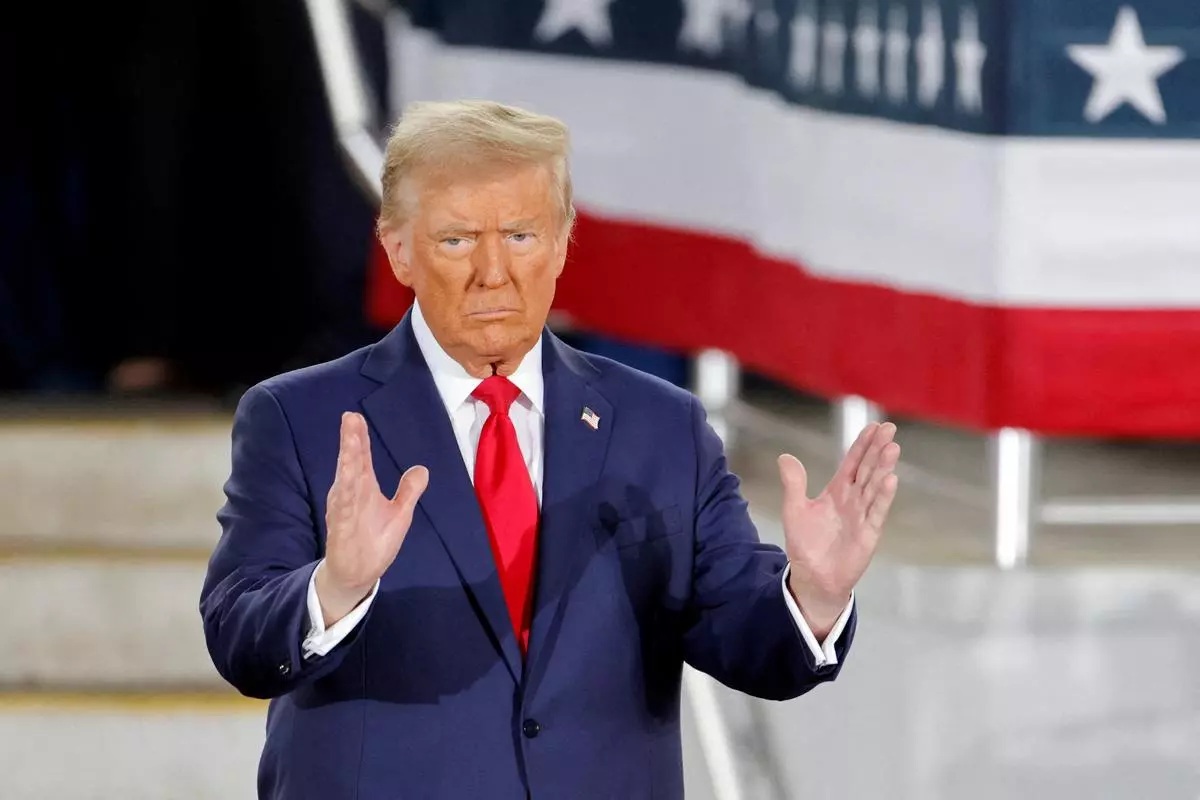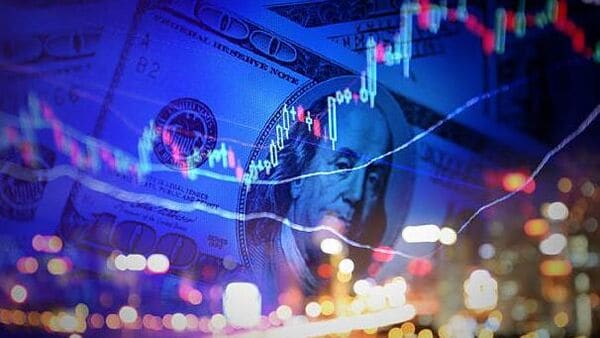Global Investors Pivot from Trump’s Post-Election Market Shock: Hunting for Bargains in a Wounded Europe and Emerging Markets
Global investors are pivoting away from Trump’s market policies, seeking opportunities in oversold European stocks, emerging markets, and the Mexican peso. Learn how these investors are betting on a market rebound post-election.

Since Donald Trump’s surprise election victory, investors have been recalibrating their strategies. With U.S. stocks and the dollar surging on hopes of tax cuts and deregulation, while fears of a trade war with China and tariffs weighed heavily on European and emerging market assets, the world’s largest investors are now seeking opportunities in markets that have been oversold.
The Trump Trade's Aftermath: Seeking Bargains in the Wake of Global Market Panic
The narrative that Trump’s policies would benefit the U.S. but harm the rest of the world is beginning to lose its grip. Global investors are increasingly questioning this theory, especially as opportunities arise in markets that have been hammered by the pre-election sell-off. Investors are now shifting their focus to European carmakers, the Mexican peso, and Chinese stocks, all of which were deeply impacted by the uncertainty surrounding Trump's policies.
John Roe, head of multi-asset funds at Legal & General Investment Management, which oversees $1.52 trillion, said the common narrative—that Trump would boost U.S. growth at the expense of foreign markets—led him to buy assets that were oversold in the aftermath of the election. Roe took positions in European auto stocks and Mexican pesos, both of which had been hit hard by market pessimism.
European Stocks and Emerging Markets: Overlooked Bargains
European auto stocks, such as Volkswagen, hit their lowest points in nearly two years following Trump’s win, while the Mexican peso lost over 2.5% against the U.S. dollar in November. Meanwhile, the British pound has fallen about 5% against the greenback since September. Yet, despite the turmoil in these markets, some investors see this as an opportunity to buy at a discount.
Shaniel Ramjee, co-head of multi-asset at Pictet Asset Management, which manages $285 billion, said the current market sell-off in China and Brazil presents a “lot of value.” Ramjee has already increased his holdings in Chinese stocks and Brazilian bonds, betting that these markets have been overly punished.
In a similar vein, Edmond de Rothschild Asset Management’s chief investment officer, Benjamin Melman, decided to keep his European exposure at neutral levels, despite widespread pessimism surrounding the region. He also bought into Chinese equities following the election, suggesting that some of the most negative narratives have already been priced into these markets.
Trump’s Inflation Concerns: Is the U.S. Heading for a Price Spike?
While many investors have fixated on Trump’s proposed import tariffs—which they believe could stoke inflation—the market may be underestimating the potential for inflation management. Barclays economists have suggested that even with Trump’s threatened 60% import tax on China, the tariffs may not be as high or disruptive as anticipated.
Pictet’s Ramjee argues that Trump will likely focus on avoiding an inflation spike that could derail U.S. consumer spending, suggesting that investors are too focused on the negative aspects of his trade policies.
Shifting U.S. Bond Market Expectations
In the U.S., Treasuries have suffered since the election as traders bet on higher interest rates and inflation. Craig Inches, head of rates and cash at Royal London Asset Management, stated that he has taken profits on pre-election trades that benefitted from rising inflation expectations, but he remains cautious of further U.S. bond declines. Conversely, UK government bonds are now perceived as “exceedingly cheap,” presenting a potential opportunity for savvy investors.
Looking Ahead: U.S. Growth vs. Global Trade
Some investors, like Marlborough CIO Sheldon MacDonald, remain optimistic about Trump’s potential to stimulate U.S. growth, and believe that his tax and spending policies could drive global trade forward, despite the challenges posed by tariffs. “What’s good for the U.S. tends to be good for the rest of the world,” said MacDonald, who prefers export-heavy stocks like those in the FTSE 100, which has fallen by 1.3% since the election.
A Surprising Rebound?
Since Trump’s election win, U.S. stocks have surged by more than 4%, while European equities have dropped about 1%. Emerging markets are also under pressure, with Chinese stocks and emerging market shares sitting at two-month lows. However, market experts like Morningstar’s Michael Field see the current pessimism surrounding non-U.S. markets as a potential signal that good news could quickly drive a rebound in these sectors.
The Bottom Line: Is Now the Time to Buy?
Despite the market’s current focus on Trump’s tax and tariff policies, there is growing recognition among top investors that the current global market sell-off may have gone too far. The euro has fallen nearly 3% since Trump’s win, and European equities are trading at low valuations, suggesting that a bargain-hunting approach could pay off.
Investors are now more than ever considering opportunities to invest in markets that have been unfairly punished—like Mexico, China, and Europe—while keeping an eye on the unfolding dynamics of U.S. growth, inflation expectations, and potential shifts in global trade.


